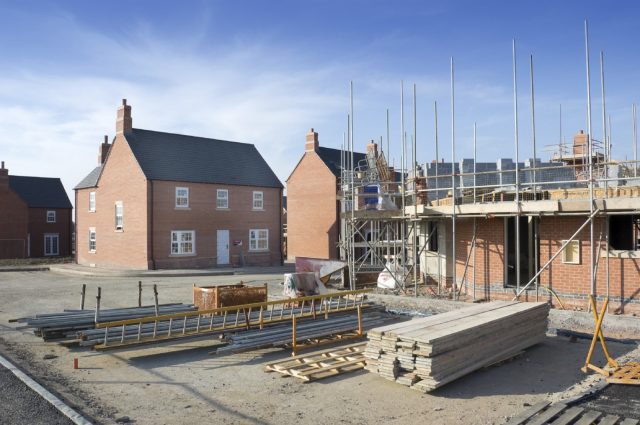Small-Scale Developers Critical in Solving the Housing Crisis, Insists Investor
Property investor and lender LendInvest insists that small-scale developers are critical in solving the housing crisis, following its second Property Development Academy course.
The LendInvest Property Development Academy was created to teach aspiring small-scale developers the skills they need to build more homes.

Small-Scale Developers Critical in Solving the Housing Crisis, Insists Investor
The course is a non-profit, two-day intensive programme that takes 25 attendees through seven practical, hands-on modules covering the full development process. Sessions are led by experienced advisers and academics who understand how to keep small-scale developers on time and on budget.
With the Government failing to build the homes they pledge, LendInvest insists that small-scale developers have a huge opportunity open to them. At its latest Property Development Academy, the firm claimed that small-scale developers are critical in solving the housing crisis.
John Slaughter, the Director of External Affairs at the Home Builders Federation, spoke at the event: “The cumulative undersupply of homes is a serious issue in this country. It is widely accepted that we need small housebuilders to enter the market and we need them to grow if we are to meet the challenge of delivering more homes.
“The housebuilding industry is not an easy professional endeavour and people coming into it as new entrepreneurs benefit from initiatives such as the LendInvest Property Development Academy.”
LendInvest’s CIO and co-founder, Ian Thomas, added: “Our Development Academy is providing property entrepreneurs with the tools they need to get their projects off the ground, supporting them to navigate the challenges of securing land, obtaining finance and ultimately adding to the nation’s housing stock. The support of the Home Builders Federation for the academy underlines demand from across the industry to promote property entrepreneurship and reverse the decline of small-scale housebuilders.
“With Government set to publish a white paper on housing in the coming weeks, we encourage Housing Minister Gavin Barwell to support the small-scale property investors and developers who play a critical role in delivering the homes communities need most.”
Are you thinking of joining the world of small-scale developers? Find out more about the course here: https://developmentacademy.lendinvest.com





